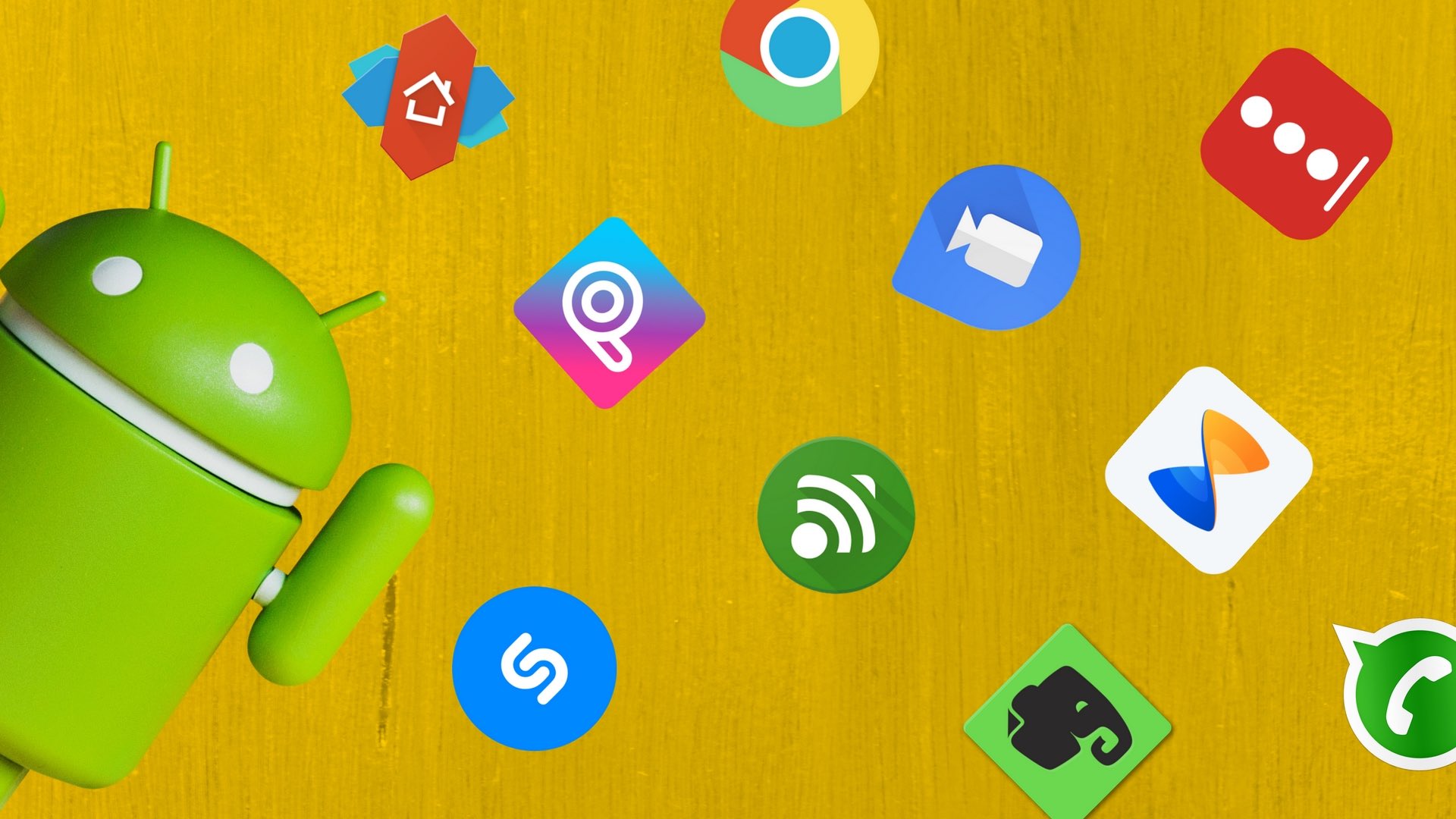Suppose as a writer, your long and laborious efforts to create worthwhile literature, were suddenly made available for free on the Internet ? Personally, I write free articles on the Internet to promote my business. I do this by choice because this is simply the way the Internet works, and how business is done best on the Internet. I provide free quality information on topics such as Google, Technology and the Internet in order to gain a prospect's trust and attract paying
Out of respect for music itself, and the worldwide community of musicians, there has to be a compromise between the corporate music business and those who want all music to be free all the time.
Let's take a long term point of view, from something other than the obviously selfish desire to get music for free. The long term effect of illegal music downloading will inevitably be fewer musicians, as well as less music diversity. I have friends that are musicians, and I know that there are many musicians who produce quality music, who for one reason or another have not been able to sign with one of the "big five" recording companies. Their ability to focus on their music full-time rather than as a part-time job, is heavily dependent on the smaller recording company to promote and sell their music.

One company that appears to follow the principle of mutual benefit in their business practices is listed below.
1) Their music repertoire is diverse and of consistent quality. All music is available for download in CD quality format, (as opposed to lower quality MP3 format).
2) Their motto is "We are not evil". They split royalties 50/50 with their artists. This is unheard of in the music industry. It seems that for more than just a few musicians, this company is making a significant impact on their artists professional livelihood.
3) They offer their customers very reasonable prices on a sliding scale, depending on what the customer wants to pay for an album, (at approximately 30 percent below industry averages). Some albums are priced as low as $ 5.00. They also allow the music to be shared with 3 of the customer's friends legally. What better way is there for music to be known and to make their artists available to a broad audience ?
The name of this company is Magnatune. It seems that they they are one of the standard bearers of the new recording company business model. Perhaps the music business can be an attractive one for recording company, musician, and music listener.
Note: Although popular subscription sites like ITunes, Rhapsody and Napster offer non copy-protected music, the problem of unfair compensation to musicians according the big business model of the major record labels remains. Note: Apple allegedly gives a mere 10 cents of every 99 cents it charges per downloaded song to the artist.
It appears that artists make surprisingly little from there recorded music, which is surprising when you consider how many CD's are purchased and the myriad of retail stores that sell CD's.
One of the most insightful articles I have read in a long time was recently features in Wired Magazine by David Byrne (an eclectic artist, formerly of Talking Heads). He explains that there are a variety of business models for artists to choose from the standard recording contract to totally self recorded and self promoted music. He predicts that in 4-5 years, almost half of the music purchased will be downloaded and purchased online.
Out of respect for music itself, and the worldwide community of musicians, there has to be a compromise between the corporate music business and those who want all music to be free all the time.
Let's take a long term point of view, from something other than the obviously selfish desire to get music for free. The long term effect of illegal music downloading will inevitably be fewer musicians, as well as less music diversity. I have friends that are musicians, and I know that there are many musicians who produce quality music, who for one reason or another have not been able to sign with one of the "big five" recording companies. Their ability to focus on their music full-time rather than as a part-time job, is heavily dependent on the smaller recording company to promote and sell their music.

One company that appears to follow the principle of mutual benefit in their business practices is listed below.
1) Their music repertoire is diverse and of consistent quality. All music is available for download in CD quality format, (as opposed to lower quality MP3 format).
2) Their motto is "We are not evil". They split royalties 50/50 with their artists. This is unheard of in the music industry. It seems that for more than just a few musicians, this company is making a significant impact on their artists professional livelihood.
3) They offer their customers very reasonable prices on a sliding scale, depending on what the customer wants to pay for an album, (at approximately 30 percent below industry averages). Some albums are priced as low as $ 5.00. They also allow the music to be shared with 3 of the customer's friends legally. What better way is there for music to be known and to make their artists available to a broad audience ?
The name of this company is Magnatune. It seems that they they are one of the standard bearers of the new recording company business model. Perhaps the music business can be an attractive one for recording company, musician, and music listener.
Note: Although popular subscription sites like ITunes, Rhapsody and Napster offer non copy-protected music, the problem of unfair compensation to musicians according the big business model of the major record labels remains. Note: Apple allegedly gives a mere 10 cents of every 99 cents it charges per downloaded song to the artist.
It appears that artists make surprisingly little from there recorded music, which is surprising when you consider how many CD's are purchased and the myriad of retail stores that sell CD's.
One of the most insightful articles I have read in a long time was recently features in Wired Magazine by David Byrne (an eclectic artist, formerly of Talking Heads). He explains that there are a variety of business models for artists to choose from the standard recording contract to totally self recorded and self promoted music. He predicts that in 4-5 years, almost half of the music purchased will be downloaded and purchased online.

